From The Weekly Standard:
The past is a foreign country; they do things differently there.— Leslie Poles Hartley
Perhaps it is simply human nature that our appreciation often comes too late. Every generation is born ungrateful and our memories are selective and shaded by our own self-regard. But it was the singular misfortune of the Greatest Generation to be succeeded by that most self-absorbed of generations, the Baby Boomers, my own generation.
In his poignant memory of George H.W. Bush, Andy Ferguson notes that “he was our last president to have been born before World War 2, and the last to have lived through it, and to have nobly served in it.”
Bush’s story, of course, was an extraordinary tale of honor, courage, and heroism, back when there was nothing hokey or ironic about those values:
Six months before he graduated from Phillips Academy, the Japanese bombed Pearl Harbor. “I could hardly wait to get out of school and enlist,” he wrote years later.
At 18, a handsome and strapping young man, Mr. Bush did enlist, as a seaman second class in the Navy’s flight training program. Soon he was flying combat missions in the Pacific. In September 1944, on a bombing run from the aircraft carrier San Jacinto, his plane was hit near the island of Chichi Jima by antiaircraft guns. He looked out and saw the wings on fire.
“I headed the plane out to sea and put on the throttle so as we could get away from the land as much as possible,” he told his parents in a letter. “I turned the plane up in an attitude so as to take the pressure off the back hatch so the boys could get out. After that I straightened up and started to get out myself.”
Two men on the plane died in the attack. Mr. Bush hit his head bailing out, he said, but landed safely in the ocean. He floated on a raft for hours, “violently sick to my stomach,” until a submarine rescued him. He was awarded a Distinguished Flying Cross.
But in 1992, when he was struggling for his political life, nobody wanted to talk about it anymore. World War II had ended 47 years earlier, old news told by old men. As Ferguson recalls, the word came down from the campaign’s high command
Bush’s speechwriters and the surrogates campaigning for him were not to touch on the war, or make reference to his service as the youngest Navy pilot of his generation, on the grounds that such loose talk could only remind voters that he was 68 and Bill Clinton wasn’t. The focus groups had rendered their judgment, and there was no point arguing…
It was not that it was too late, but rather that it was too early—we were not yet done celebrating the awesomeness of the boomers or humbled enough to properly honor Bush’s generation. That would only come later.
The nation would not commemorate the World War II Memorial in Washington D.C. for another 12 years. It was a “thank you” that was 60 years late in coming. The movie Saving Private Ryan, would not be released until 1998, six years after Bush’s defeat. That same year saw the publication of Tom Brokaw’s The Greatest Generation. America was finally ready to pay attention.
I met Bush only once, but I had a chance to meet many of the men and women who served with him in the war, when I helped raise money for the Honor Flights that took veterans to see their memorial.
For the most part, they didn’t’ talk about the war. When they got home, they worked hard to rebuild their lives, raise their families, and spare my generation from having to endure the privations they had experienced. In the ‘60s and ‘70s, they watched the boomers rebel against their values; in the ‘80s and ‘90s, they watched themselves displaced, even as their brothers began to slip away.
In contrast to my fellow boomers, they were the unentitled generation; they did not expect to be celebrated or honored, certainly not seven decades later. In our youth culture, with its cultivated historical amnesia, we had been perfectly happy to ignore them, and they had gotten used to that.
Then something changed. Or maybe it was because we began to realize that time was slipping away and that we had serious unfinished business with this extraordinary generation.
The passing of George H.W. Bush reminds us that that business is still unfinished. In so many ways, he represents not simply a generation, but an historical epoch that seems a foreign land in the Era of Trump.
But maybe it’s still too soon.
It took us decades to rethink our debt to the Greatest Generation; is too much to ask that someday we will also rethink our attitude toward character, honor, civility, and graciousness?
